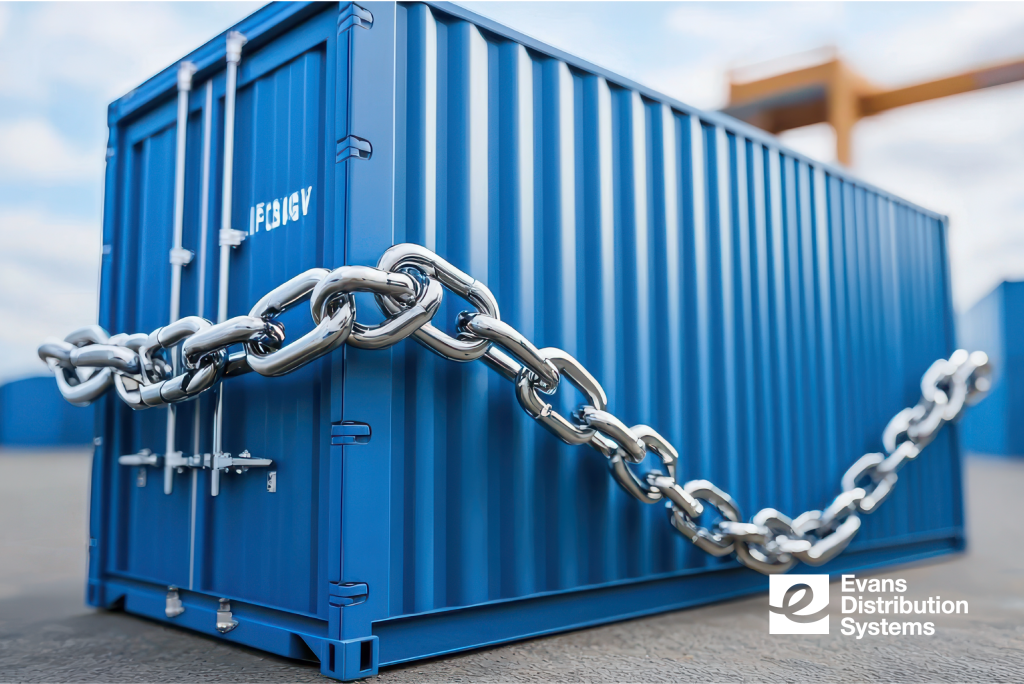
In recent months, cargo theft has been a topic of conversation in Congress. The U.S. Senate Judiciary Committee estimated cargo theft costs the American economy up to $35 billion annually, causing severe impact on the supply chain and consumers alike.
Logistics business leaders spoke to the committee about their first-hand experiences with strategic cargo theft—from stolen or hijacked trucks and containers, to cybercrime, burglary, deception, impersonation, and fraudulent documentation. They say, these complex crimes are largely under reported and under investigated by local authorities who treat it as an insurance matter.
A new bill called the Combating Organized Retail Crime Act, is aimed at helping law enforcement and the Department of Homeland Security to level the playing field to combat these sophisticated criminal organizations.
The rise in cargo theft in the last several years is directly related to the lack of prosecution and the convenience of online exploitation. Electronic communication is harder to trace and takes more time to investigate, opening the window for stolen cargo to be resold or disappear completely before the investigation begins. Thieves have grown accustomed to the anonymity of stealing online or over the phone within the comfort of their own home. They can also run multiple online scams at the same time, intensifying the issue even more.
Strategies for Defense
Criminals typically target holidays, when businesses are closed over extended periods to make their move. California, Texas and Illinois have the highest incidence rates and the most common commodities to be stolen are the easiest to resell including food/beverage, household goods, automotive parts, and electronics.
A typical cargo theft scenario involves establishing a fake trucking or warehousing business or by impersonating a customer, with the intention of stealing loads.
Asset-based carriers, like Evans Distribution Systems, who own trucks and employ drivers, are typically safer to work with when compared to a non-asset-based carrier, also known as a freight brokers. There are a lot of rules and regulations related to operating transportation companies, and it’s easier to vet a company and establish a long-term relationship based on contract rates. When vetting a carrier, pay special attention to details that don’t add up like operation size, location, revenue, mileage, websites, or unverifiable registration records.
GPS trackers, cameras, and container sensors allow shippers real-time visibility of their loads to provide early theft detection and to alert authorities of the exact location of the stolen goods and hopefully, catch the criminals in the act.
Shippers should collect and retain copies of all shipment documentation, including:
- Driver licenses
- Vehicle identification number
- State registration
- U.S. Department of Transportation (USDOT) number
- Proof of insurance
- License plates identification
Again, even if these documents are fake or stolen, they can still assist in the event of a criminal investigation or prosecution. Working with a 3PL that has been in business for more than 90 years, like Evans Distribution Systems, is a strong indicator of professionalism and trustworthiness.
Are you looking for a reliable logistics partner? Get a quote from an expert today.
